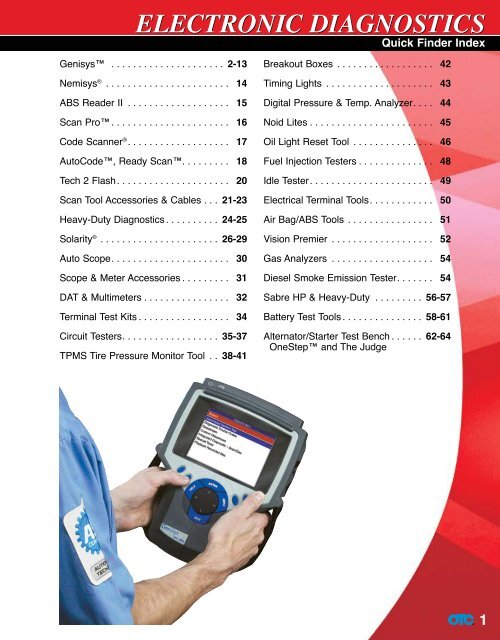

Often, the IRS assigns an EIN to a sole proprietorship in order to protect the sole proprietor's SSN from disclosure in claims or on W-2s. A sole proprietorship may or may not have employees. (See NPI Final Rule for information about subparts.) As an individual, a sole proprietorship cannot be a subpart and cannot have subparts. In terms of NPI assignment, a sole proprietor is an Entity type 1 (Individual) and is eligible for only one NPI (the sole proprietorship business is not eligible for its own NPI). There is no difference between a sole proprietorship and a sole proprietor they are legally a single entity: an individual.  In a sole proprietorship, the sole proprietor owns all of the assets of the business and is solely liable for all of the debts of the business. A sole proprietor is the sole (the only) owner of a business that is not incorporated that unincorporated business is a sole proprietorship.
In a sole proprietorship, the sole proprietor owns all of the assets of the business and is solely liable for all of the debts of the business. A sole proprietor is the sole (the only) owner of a business that is not incorporated that unincorporated business is a sole proprietorship. 
Indicate whether provider is a sole proprietor.
2 = (Non-person): entity other than an individual human being that furnishes health care (for example, hospital, SNF, hospital subunit, pharmacy, or HMO). 1 = (Person): individual human being who furnishes health care. Full Replica of the CMS (NPPES) NPI Record Field Nameġ0-position all-numeric identification number assigned by the NPS to uniquely identify a health care provider.Ĭode describing the type of health care provider that is being assigned an NPI.







 0 kommentar(er)
0 kommentar(er)
